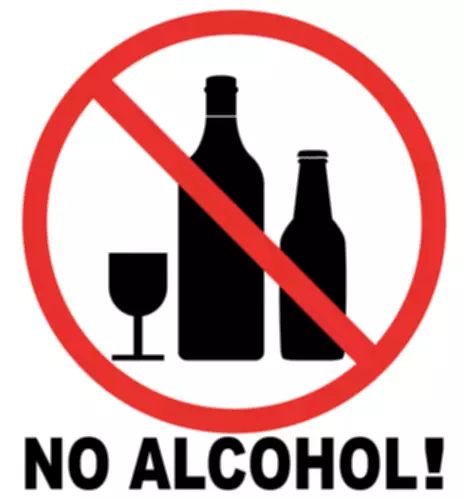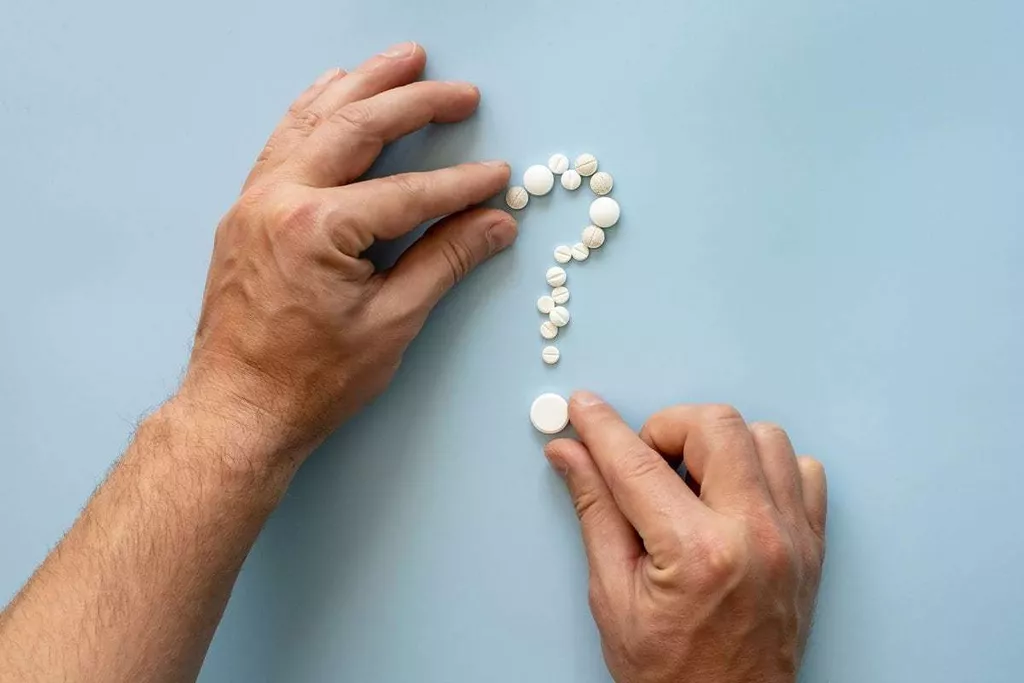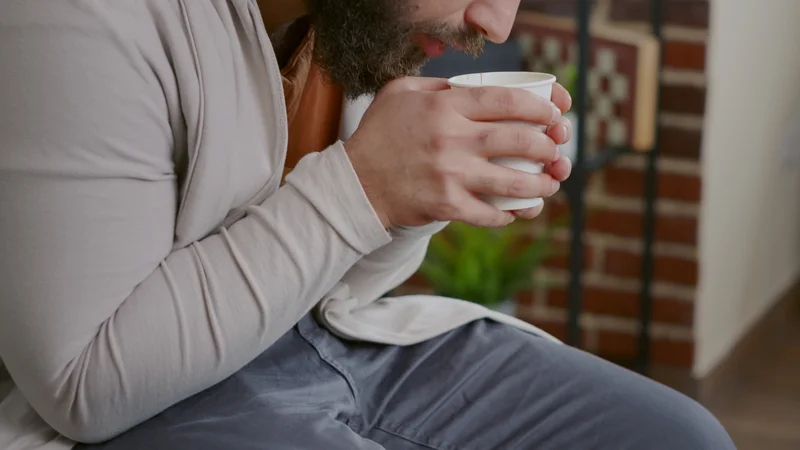
For years, Marc Leis was a drug addict dependent on an array of substances, from LSD to heroin. In this book, she tells the agonizing story of how her son’s addiction affected her entire family. More than 19 million people struggle with addiction, according to the National Survey on Drug Use and Health. As addicts, we have the potential to put those we genuinely care for in a really really tough position. I didn’t fully understand the harsh reality of what I was putting others through, until I found myself on the other side of it. I can think back to my relationship, when things finally came to an end, I genuinely did not think I was going to make it.
You can’t change them
Jacob said “the biggest question” he had gotten from families vis-à-vis loved ones was whether to pay their credit card bills, out of fear their loved one might ruin their credit. Seriously, go out of your way to congratulate them and to share how proud you are of them! It means more than you might think, both in the person’s heart and in terms of their overall success being sober. Reframe supports you in reducing alcohol consumption and enhancing your well-being. Addiction seems a bit less foreign if we think https://ecosoberhouse.com/ of it in terms of degrees. We all have the potential to be “dopamine junkies,” chasing after things that make us feel good.
Tough Love, Boundaries, and the Challenge of Loving an Addict
Encourage professional help by suggesting therapy from specialists like Lantana Recovery, counseling, or treatment programs. Codependency occurs when one person enables the addictive behavior of the other. This can manifest in various ways, such as making excuses for the addict, covering up their actions, or sacrificing one’s own needs for the addict. Effective communication is essential in any relationship, especially when dealing with addiction. We should maintain open lines of communication, express concerns, and actively listen. Avoiding judgment and criticism and working together to find constructive solutions can strengthen our relationship.

Getting Started

Many have recovered from addiction, and your loved one can, too! In the meantime, you can learn how to support your friend or family member while taking care of your own mental and physical health. If you alcoholism have a loved one who battles addiction, you know firsthand the painful price of your love.

You may want to speak with an alcohol and addictions counselor about your questions and how to introduce your new partner’s past life to your family. Parents, siblings and others care about you and want what’s best for you. They may look unfavorably on your relationship with a recovering addict until they understand the nature of addiction and the promise of recovery.
Professional Resources
Enabling behavior is a common and often unintentional pitfall for loved ones of individuals struggling with addiction. It stems from a place of care and concern, where the desire to help and protect your loved one or addicted partner can lead to actions that inadvertently support their addictive behavior. Setting healthy boundaries is not about being harsh or unloving; rather, it’s about ensuring that your support does not inadvertently enable their addictive behaviors. Without boundaries, there is a risk of becoming overly involved in their struggles, which can lead to emotional burnout, resentment, and a breakdown in the relationship. Support groups can play a major role in the recovery process, offering benefits not only to individuals struggling with addiction but also to their loved ones.
- If you decide to leave before things go that far, you’re justified in doing so.
- However, it is equally important to prioritize your own well-being and practice self-care.
- It’s not impossible; but it is a long and strenuous journey that requires mutual efforts.
The first step is to come to terms that the person you love is a drug addict, alcoholic, or substance abuse in general. Being in a relationship with someone that has an addiction comes with a lot of pros and cons which could be managed if discovered on time. It may not be easy to love an addict, especially when they’re involved in drugs or alcohol.
Everything Changes: Help for Families of Newly Recovering Addicts by Beverly Conyers

This makes it progressively more difficult to regulate cravings and moderate consumption. The real trick to loving an addict is to love them during their loving an addict good and their bad. But, loving them during their recovery process and further beyond that is what helps their sobriety stick.
- The best way to come out of your own “addictive behaviors,” such as enabling and people-pleasing, is to focus on your own life.
- It’s important to remember that addiction is a disease that affects a person’s thoughts, feelings, and behaviors.
- You should also try to find things that you enjoy doing for yourself, and you should work on creating the life that you want without the inclusion of the addict.
- First could be loving them or being in a relationship with them before they become an addict and you may be wondering how to manage that.
- Unfortunately, learning how to let go of an addict you love is much easier said than done.
- Maybe they’re a close family member or friend, or maybe it’s someone you don’t know as well.
- Whether you are seeking care for yourself or a loved one, call us today for a free, no-obligation consultation.
Addiction Poems about Family
Recovering addicts are often counseled to avoid romantic relationships for at least the first year they’re in recovery. It takes a long time not just to break the chains of physical addiction but to heal the past relationships and personal stumbling blocks that are the hallmark of addiction. There are effective ways to deal with the addicted person in your life, just as there are ways that are not only ineffective but can also be dangerous. Learning to distinguish between them can save you a lot of time and can also produce much healthier results for you and your addicted loved one.

